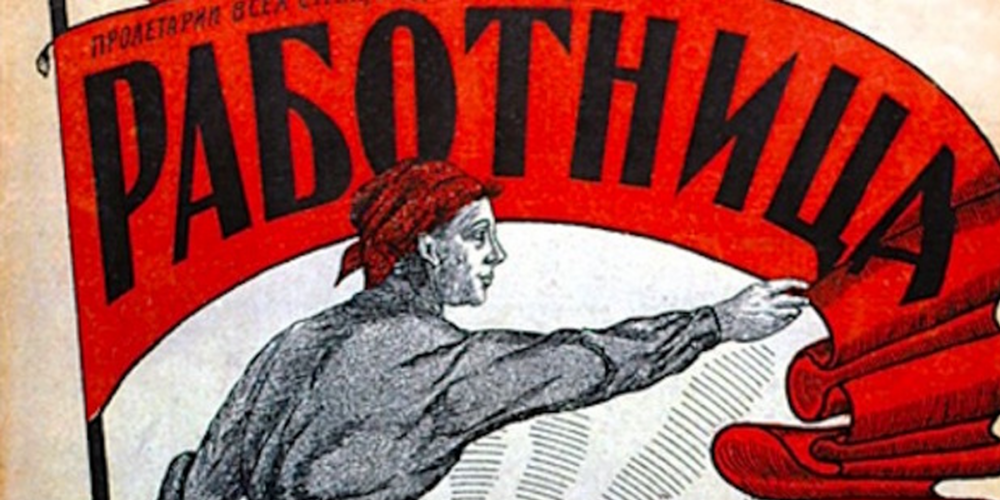Lenin once said that socialism alone would bring the emancipation of women, which Nadezhda Krupskaya, in the preface to The Emancipation of Women by Lenin, said “we see coming true.”
However, while socialism and the changes it brings generally to the economic aspects of society are good for oppressed groups, women included, we should be aware as Marxists that there is still work that must be done for those oppressed groups.
In The Development of Capitalism in Russia, Lenin writes: “Capitalist domestic industry inevitably entails extremely unsanitary working conditions. In the large establishments one can fight such things; domestic industry, however, is in this respect the most ‘liberal’ form of capitalist exploitation.”
This is an excellent observation. The home’s unsanitary work, and a lack of the ability to unionise against such conditions, make the most liberal form of capitalist exploitation, domestic work, traditionally the wife of the household under bourgeois society today. However, unlike semi-feudal Russia, women in modern bourgeois society also work outside the home.
The working day has been made shorter since the time of Lenin’s writings. However, the working day for women has not, as many are expected to either leave their job to concentrate on the home or keep their job and do the housework. While in the past a wife’s income was seen as a supplementary income for the household, which meant they were paid less, today this economic disparity still exists.
Single mothers are the most affected by this economic disparity, keeping workers, specifically women, in artificial poverty. Lenin wrote on prostitution that “as long as wage labour exists prostitution must inevitably exist.” This is an excellent point, ignored by those who give a moral argument for the abolition of prostitution. Lenin goes through the wages of women (I won’t list them, as the numbers are irrelevant today, though gendered wage differences still exist); and those wages are of such a low amount that any woman making that much an hour would of course turn to ”morally undignified” work, such as prostitution.
But who calls it morally undignified? The bourgeois class, those who criminalise it and force those who attempt to improve their economic conditions into the class of lumpenproletariat.
On the right to divorce, Lenin said it “will remain unrealisable for the oppressed sex economically.” Many women do get stuck in marriage, despite having the right to divorce, as there are often threats of violence, lack of aid given, and, as Lenin points out, an economic dependence. He calls women in this position “a domestic slave, a slave locked up in the bedroom, nursery or kitchen.”
Women who are paid less than men do not enjoy the economic freedom that men do, especially single mothers.
On the material changes for women, Lenin says that these changes must not be merely nominal but reality. We will not see the change in gender relations by simply changing laws and saying women have the right to something but with actual opportunities and a change in patriarchal culture norms.






